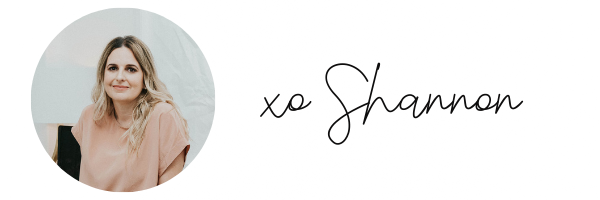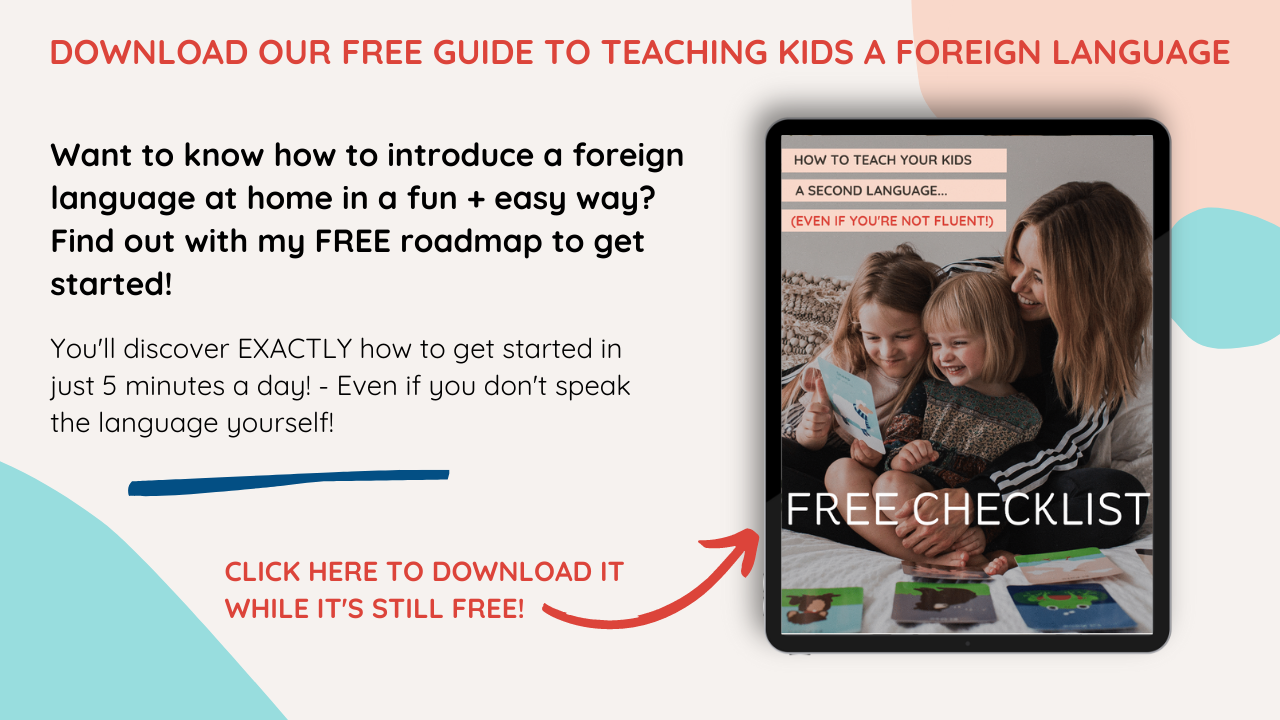5 Stages of Foreign Language Acquisition for Kids

5 Stages of Foreign Language Acquisition for Kids
When you think back to your toddler years, do you remember your parents ever actually sitting down and taking time to teach you your native language? No, you wouldn’t, because when you are an infant you don’t need to learn a new language, you acquire it.
What this means is that your brain absorbs every bit of information it can find, which will most commonly be any interaction or information given by your parents, the words they use when speaking to you, the environment they raise you in, the culture that you as a family are immersed in.
Once you have acquired that first language, it will then be the stepping stone you use to learn the next language.
Before we get ahead of ourselves, let’s first take a look at the 5 stages that a child will go through when acquiring a new foreign language.
- The Silent Stage
During this stage of the learning process, kids tend to remain silent. The reason for this will either be because they simply don’t understand any part of the language yet, or because they don’t feel confident enough to even attempt to use the few words that they may already have acquired.
Depending on the amount of exposure the child may have to the foreign language and of course that specific child’s learning capabilities, this phase may take anything from a few weeks to even over 6 months which is completely normal. The main focus during this stage will be to learn vocabulary and to properly pronounce the vocabulary that they have acquired.
Just as it did for me, this stage may feel like the most difficult to you as a parent doing the teaching, but you have to keep in mind that you are starting from scratch, with no base or foundation already set up.
Once you have helped your kids build that foundation, things will start to look like they are picking up pace.
- The Early Production Stage
Even though you have made it through to the next stage, it won’t exactly look like you’ve made leaps and bounds of progress, but there has definitely been progress. Whilst your kids are in the early production stage, you will see that they are more willing to actually speak and use some words that they have learned.
These will be easy words that are used most often and even some short and simple sentences in response to questions being asked, such as “What is your name?” or “How are you?”. When your kids are in this stage, you will notice that they may understand more of the language than they are willing to speak.
They are mostly listening and absorbing. This stage can take anything from 6 months to a year, depending on how consistently they are learning. Also keep in mind during this stage that you might possibly notice that your kids have an accent, depending on what their native language is. Just know that this is not a problem and won’t affect their general progress.
- The Speech Emergent Stage
By the time your kids reach this stage, they will already have fairly good comprehension of the foreign language that you are teaching them. They will be able to use more full sentences when answering questions and they might even be able to ask a few simple questions themselves.
You will most likely notice that your kids will show some level of self-consciousness when it comes to the pronunciation of the words, but the more they use the language, the more comfortable they will get with it and the self-consciousness will fade away.
You will also notice at this stage that it takes less time for your kids to answer a question or give a response during a dialogue, because they are more familiar with the vocabulary and it takes them less time to translate everything in their heads.
Now this stage is one of the longer phases that can take anything from 1 to 3 years, but of course we know this is a marathon and not a sprint. When we got to this stage around 1 and a half years into learning French, I noticed that my kids took a lot less time to respond when I asked them a question in French and they noticed it too.
To them it felt like massive progress which definitely helped with their confidence levels and made them want to learn even more and faster.
- The Intermediate Fluency Stage
This stage is the time I like to refer to as filing down the rough edges before your kids can be deemed to be completely fluent. When your kids are in this stage, they will be able to use a lot more complex sentences and make fewer grammatical errors.
They might even be able to notice more of their own mistakes without you having to point it out. By now they will be able to communicate in a more flowing manner, meaning that there is a lot less translating happening in their minds and they are now able to actually think in this language itself.
They will have progressed from giving simple answers to giving full explanations and more in depth answers to complex questions. This stage most commonly takes 3 to 5 years in order for a child to expand and complete their comprehension and use of the foreign language.
- The Advanced Fluency Stage
Now this is what you have been working so hard for as a family, the goal that you have wanted to reach for the past few years…fluency! You are now in the final stage where your kids have progressed so far that they can be deemed as fluent or even be considered to be on a near native speaker level.
By this time it will feel like second nature to use the foreign language, they will be able to communicate easily and effectively and even think in the language that they are using. It will no longer be necessary for them to translate anything from their native language to the foreign language in their minds before speaking.
In the grand scheme of things, it will take roughly 5 to 7 years for your kids to reach this level, but it’s definitely worth the time.
When you are standing at the starting line of this journey, it may seem like an obscene amount of time and effort that needs to go into it, but I can promise you, time flies once you start seeing progress, small milestones being reached, your kids’ confidence levels going up and them being able to communicate in a whole new language.
At the end of the day when your kids reach that final stage of fluency, you will know that it was absolutely worth every minute that you spent helping them to reach this goal.
So this is me giving you a little glimpse into the future, to show you the potential for your kids’ future and how truly amazing it will be once you reach that finish line, but the only way to get there is to get started. The sooner the better!
Want a glimpse to see how you can get started with a foreign language at home...

✨ Psst... When you're ready, here are a few ways I can help you get started with teaching your kids a foreign language at home...
1. Download my free 10 Page Guide for Parents to help you see how easy introducing a foreign language at home can be - especially if you don't speak the language at all.
2. Want a plan to run consistent language lessons that are fun and easy?
Access your first week of play based foreign language lessons for FREE here, all that's left is to select your language + start today!
3. Looking for a 12 month, step-by-step plan and play based resources to help you introduce a language to your little ones with EASE? Quit scrolling on Pinterest and Join our 12 Month Annual Lesson Bundles to get everything you need to started and KEEP GOING!
GRAB OUR FREE 'KIDS LANGUAGES MADE EASY' GUIDE
FOR NON-NATIVE PARENTS!
Discover how you can run consistent language lessons, that are fun and engaging and help your kids make the progress they deserve!
Even if you're not fluent!
We hate SPAM. We will never sell your information, for any reason.









